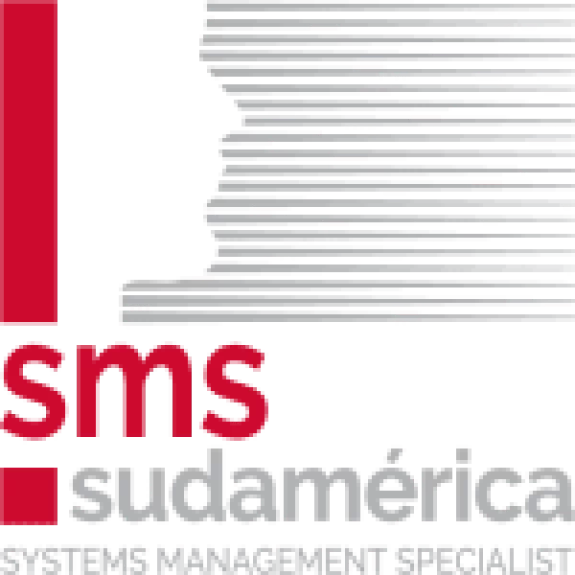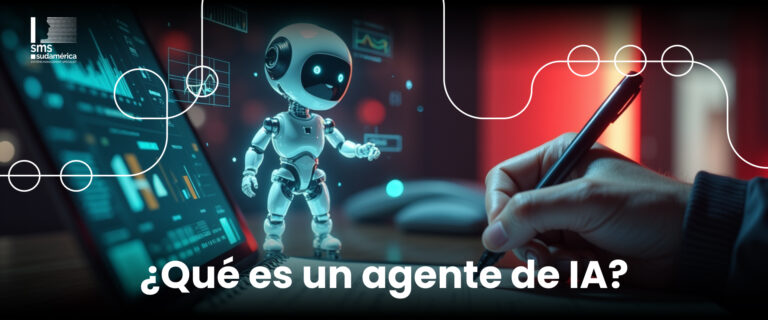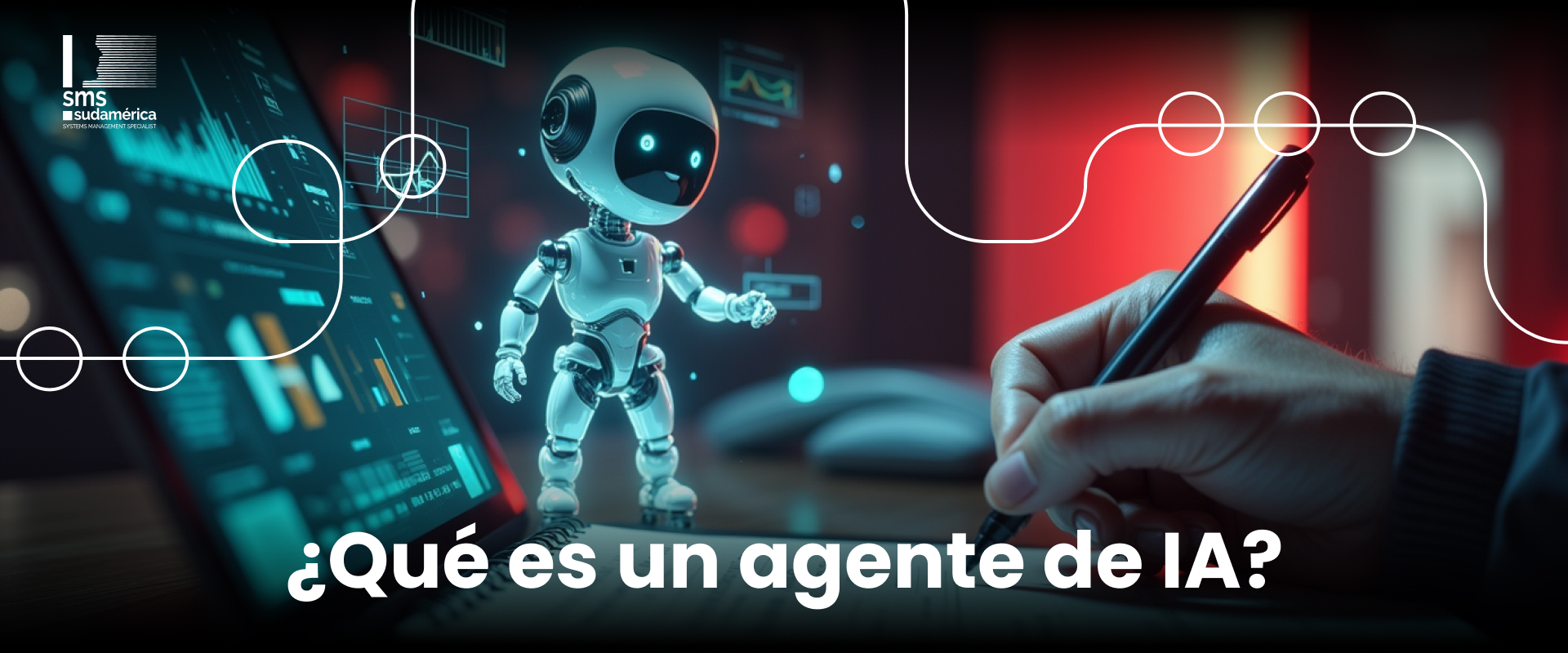Imagine waking up in the not-too-distant future. Your coffee maker turned itself on because it detected that you opened your eyes. The coffee maker notified your home assistant that you like strong coffee on Mondays, and your Roomba started cleaning because it knows that you always have visitors on that day. Everything seems to flow as if by magic… but it’s not magic. It’s Artificial Intelligence agents working for you.
But what exactly is an AI agent? Before you say, “ChatGPT disguised as James Bond,” let me tell you a story.
In ancient Greece, philosophers said that a being was alive because it could perceive its environment and act upon it. Now let’s change the scenario: instead of a living being, let’s think about AI. An AI agent is just that: an artificial entity that perceives what is happening around it, decides how to act, and then executes an action.
The process is simple:
- Perceive: receives data from the environment.
- Decide: evaluate that data to make a decision.
- Act: performs an action in the world.
If you’ve ever seen a Roomba, that cute robot that vacuums on its own, you’ve seen an AI agent in action. The Roomba has sensors to avoid bumping into walls (perceiving), decides where to continue cleaning (deciding), and moves forward or turns (acting).
There are also chatbots that respond practically in place of the “call center agents” that we miss so much today because now it’s always a robot. These receive your question, choose the best answer (or at least they try to), and deliver it to you.
But here’s the interesting part: an agent doesn’t have to be a physical robot. It can be software that resides on servers or in the cloud, without a tangible body. Consider a system that manages traffic in a city: it analyzes data from thousands of sensors, calculates traffic flow projections, and adjusts traffic lights in real time. All without a “robot” in sight, but with a clear perception of the environment, decision-making ability, and direct action on the world.
Another specific example is energy optimization systems in smart buildings. These agents monitor consumption, anticipate peaks in demand, and regulate energy efficiently, achieving savings and sustainability.
There are parallels in nature: a bee perceives its environment, decides which flower to visit, and pollinates it. The difference is that, in the case of machines, the “environment” can be digital, the ‘perception’ can be data, and the “action” can be an adjustment to a system.
Ultimately, it does not matter whether the body is metallic, virtual, or biological: what defines an agent is its ability to interact with the environment autonomously.
Until now, generative artificial intelligence such as ChatGPT has amazed us by creating text or images on demand. But AI agents represent a bigger leap: it’s not just about executing an instruction, but giving them an overall goal and letting them design and execute the strategy to achieve it. For example, it’s not just asking them to write an email, but to develop a comprehensive plan to increase quarterly sales by 15% and only consult you at key moments.
And the real revolution lies not in individual agents, but in multi-agent systems: like a digital orchestra where each instrument is an agent that is an expert in its task. Coordination between them makes it possible to solve complex problems that a single agent could not tackle.
The arrival of ‘digital employees’ is transforming the world of work. Far from replacing us entirely, we will become managers of agents, managing AI teams to enhance our impact. Automation will do the repetitive work; we will do the strategic work.
Of course, not everything is optimistic. These agents pose profound ethical challenges:
- How can we prevent them from perpetuating biases in the data they were trained with?
- Who is responsible if a self-employed agent makes a mistake?
- How do we ensure transparency in your decisions?
The key is not to slow down development, but to establish protective barriers: clear rules, human oversight, and ethical design that ensures these systems work for the common good.
So, the next time your coffee maker turns itself on, remember that it’s not magic: it’s the first sign of a future where we will collaborate with intelligent agents. Because the question is no longer whether they will arrive, because they are already here, but how we are going to prepare ourselves to coexist and thrive alongside them.
At SMS Sudamérica, we understand that AI agents are not just futuristic tools: they are a strategic piece in the digital evolution of companies and governments. That is why we not only experiment with these technologies, but also design and adapt them to solve real problems in different sectors.
Whether it’s:
- Optimizing industrial processes
- Automate the analysis of large volumes of data
- Create systems that coordinate multiple agents to achieve a common goal
…in each case, we apply a clear logic: the development of intelligent agents must be focused on business needs, but also on ethical responsibility and human oversight.
The agent revolution is already underway, and at SMS Sudamérica we are not only anticipating it: we are building it together with our customers.
We look forward to seeing you in the next episode of “Stories of the Future, Today,” where we will explore how agents perceive the world around them, and why understanding their “eyes and ears” is key to unlocking their full potential.
Note by: María Dovale Pérez


